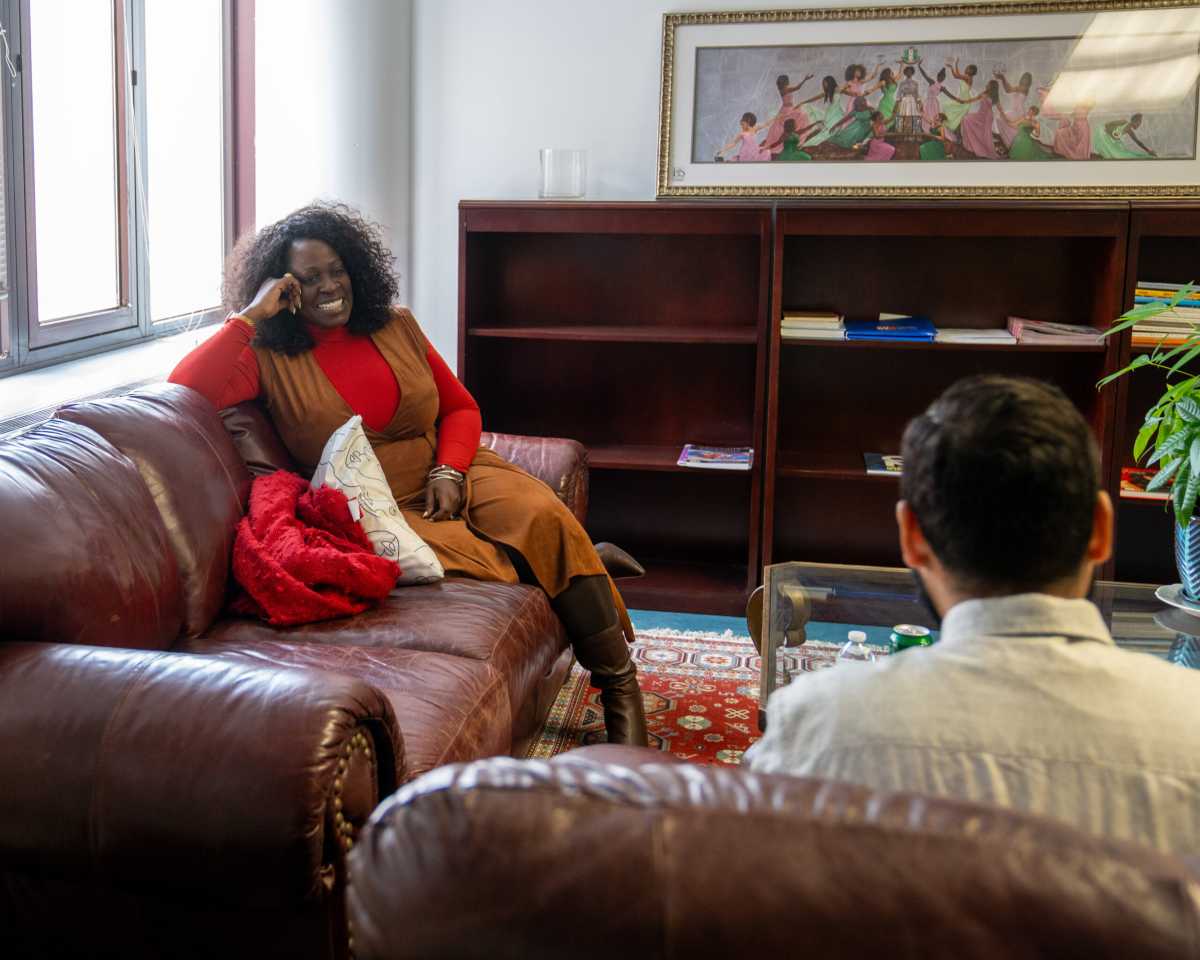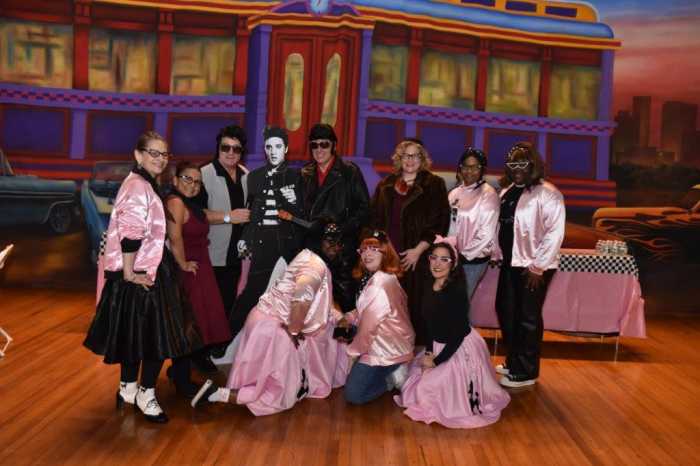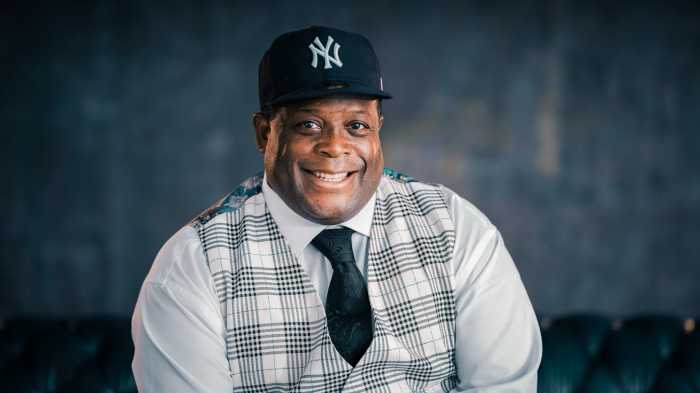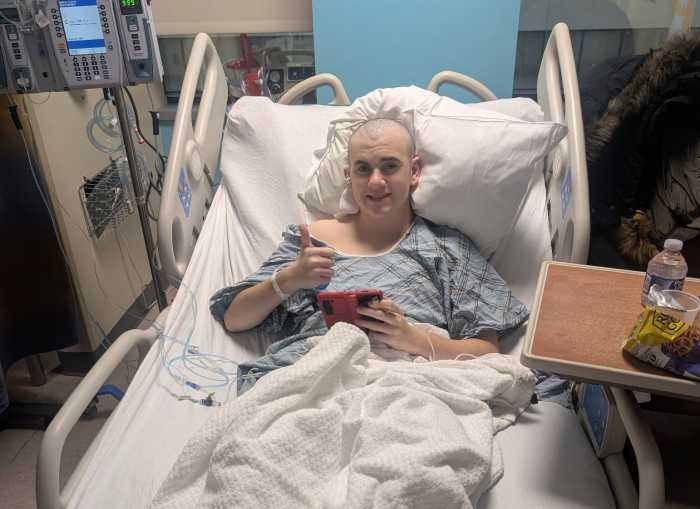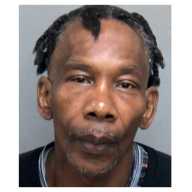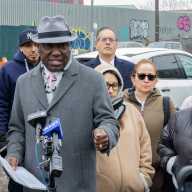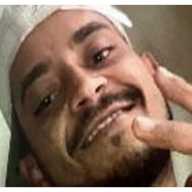York College Interim President Dr. Claudia Schrader steps into her new role at the City University of New York with a fresh hands-on approach to leadership and an overarching focus on creating a better sense of community on campus.
The summation of Schrader’s first few months at York is a combination of relationship-building, trend-setting, and adjusting to the institution that’s seemingly undergoing constant change. None of the work is easy. Schrader wouldn’t want it any other way, but not many people have experienced what she has at the start of a new job.
On Thursday, Feb. 22, a day earmarked for Schrader to have a one-on-one interview with QNS, an unforeseen emergency unfolded at York College. Students, faculty, and staff were instructed to swiftly evacuate the campus due to a credible threat communicated through email.
The situation was promptly addressed as York College’s campus security teams, in collaboration with the NYPD’s 103rd precinct, conducted a thorough investigation. Following a comprehensive campus lockdown, they successfully determined that the threat was not imminent, securing the safety of the college community.
In recognition of the number of challenges Schrader faces as York’s new leader, her time as an educator in various leadership roles, spanning from fellow CUNY institutions to the Alpha Kappa Alpha Sorority, keeps her steady in the pursuit of making improvements at York.
Schrader has over 20 years of experience in multiple leadership roles at CUNY. Before joining York, Schrader served as the President of Kingsborough Community College for 5 years — making history as the first African American woman appointed to the role since the institution’s inception.
Before Kingsborough, Schrader worked at the Bronx Community College for 5 years as a provost and senior vice president for academic and student success. She also worked at Medgar Evers College, in Brooklyn, for 12 years in faculty and provost positions.
Even though her resume alone reflects years of commitment to higher education, there’s still a sense of disbelief for Schrader when it comes to accepting her new title. She says sometimes she doesn’t really feel like a “president.” Her interactions with students are vastly different from what she’s seen with other college presidents so it makes her feel more hands-on in building professional relationships.
“A lot of times the students don’t even know I’m the President. I just stop and I start talking to them, and they talk to me, and then I introduce myself at the end. And they’re like ‘Oh, my God, you’re the president,” Schrader says. “I just wanted to have an authentic conversation with them because when you lead with that, people feel a certain way like, ‘Oh, my God, I’m talking to the president.”
Remaining humble is a big part of Schrader’s persona. Her ability to uplift those around her is paramount, and although that might change to a competitive nature if she’s toe-to-toe with a fellow sneaker-head, it all plays a role in her goals to build a community.
“I’m just an ordinary person here to serve students and make sure that they get what they came here for. That’s what’s most important.” Schrader says.
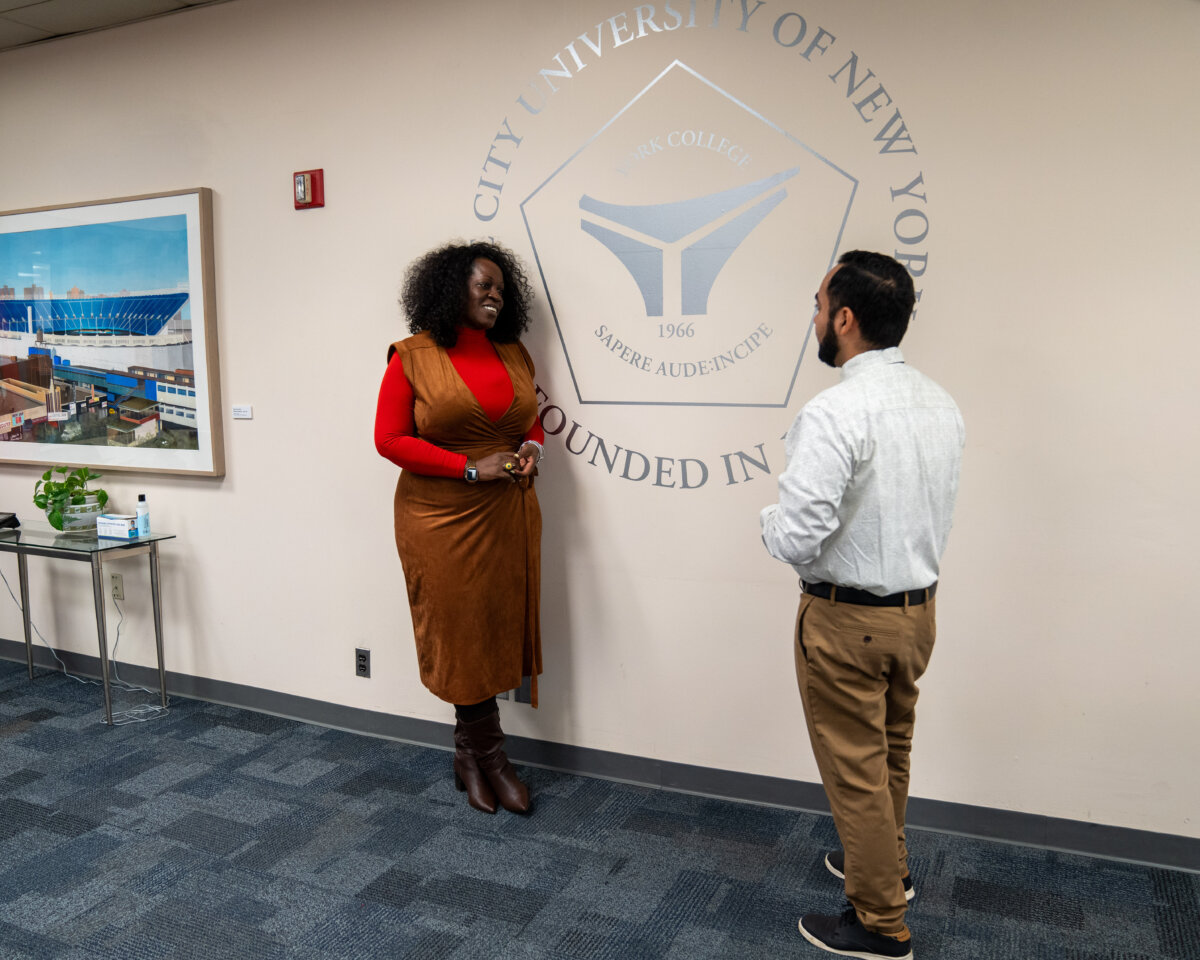
Her drive to build stronger educational communities dates back to her college days. Schrader earned her bachelor’s degree from Rutgers University and obtained master’s degrees in Education and Arts from the Teachers College, Columbia University. She later obtained her doctorate in Education from the same university, focusing on International and Transcultural studies.
Part of her journey as a leader in higher education originated from her pursuit of International and Transcultural studies. Schrader also participates in Habitat for Humanity projects, building homes in developing countries overseas. Her skillset made her consider returning to her birthplace in St. Croix, but her climb up the CUNY kept her in the States.
“I ended up doing International and Transcultural studies because I really thought that I would be traveling the world doing this kind of work, setting up programs, working with families in developing countries, all of it,” Schrader explains.
Working at her alma mater during her studies eventually led Schrader to her first teaching opportunity at Medgar Evers. Since then, she’s continued to build a reputation for herself. Even hearing praises from CUNY Chancellor Félix V. Matos Rodríguez, who personally reached out to her for the job at York College.
“Open yourself up to new experiences,” Schrader says she tells people who asked her how to become president of an institution.
“So rather than thinking about the steps it takes to become a president, just open yourself up to new experiences where you are. Take initiative, you see things take initiative because, at the end of the day, it just makes you deepen your experience.”
In her role as interim president, Schrader shares four areas of improvement for York College that she hopes to see accomplished; an increased and steady enrollment rate; facility upgrades; financial security; and successful college accreditation.
Enrollment numbers for campuses across the city took a hit during the pandemic, but York College has struggled to maintain its enrolled students in the past. Bringing a sense of transparency about what’s happening in the college is something Schrader hopes will involve everyone in a unified approach to the college’s success.
“Everyone needs to know where we are,” Schrader says. “So I hope that people will see that as being more transparent and when we say we have to cancel classes because of low enrollment, that’s because the enrollment is low.”
At Kingsborough, Schrader sent weekly messages directly to students over email during the pandemic. She turned those messages into a book that she keeps close to her in her office now.
“I had them printed because they were special to me. Especially because students will, which is what I wanted them to do. They were telling me about their own experiences,” Schrader says.
The lessons and conversations she gained from sharing her messages with students, and the personal connections she made with them, are one aspect of her past she hopes to bring to York.
Another major factor in Schrader’s improvement plans is facility upgrades, a point of contention at York for decades. The campus cafeteria has remained closed since 2019. The front-facing entrance of the main academic building on Guy R Brewer Boulevard is partially closed due to roofing repairs and the Performing Arts Center has remained closed for construction work.
Schrader hopes to begin placing clear signage around the campus, sharing when campus attendees can expect work to be completed. Education still comes above for the president and transparency could alleviate student concerns.
“They don’t need to necessarily know so much about the business of the college and be worried about that. That’s our worry. We want them to be successful and engaged,” Schrader says.
Schrader advocates for increased student retention at York College as a means to bolster the school’s sense of community, which in turn, could alleviate any financial strains on the school.
A prominent objective among students, echoed by alumni advice, is to fully leverage the educational opportunities offered at York. Schrader believes maximizing the educational experience not only enhances personal and professional growth but also contributes to the overall vitality of the college community.
Schrader is still adjusting to her new role and there’s a lot to tackle at York, but above all else, her mission is about helping students find their own future and what makes them happy in achieving their educational goals.
“My parents always tell us, my siblings, you could own a gas station, just be happy. Be the happiest gas station owner. And this work truly makes me happy,” Schrader says. “I couldn’t imagine myself being anywhere else in terms of not being president, per se, but just higher ed. You know, and if I didn’t have to be president anymore, I think that would be okay. As long as I was in higher ed teaching in some capacity working with students.”

